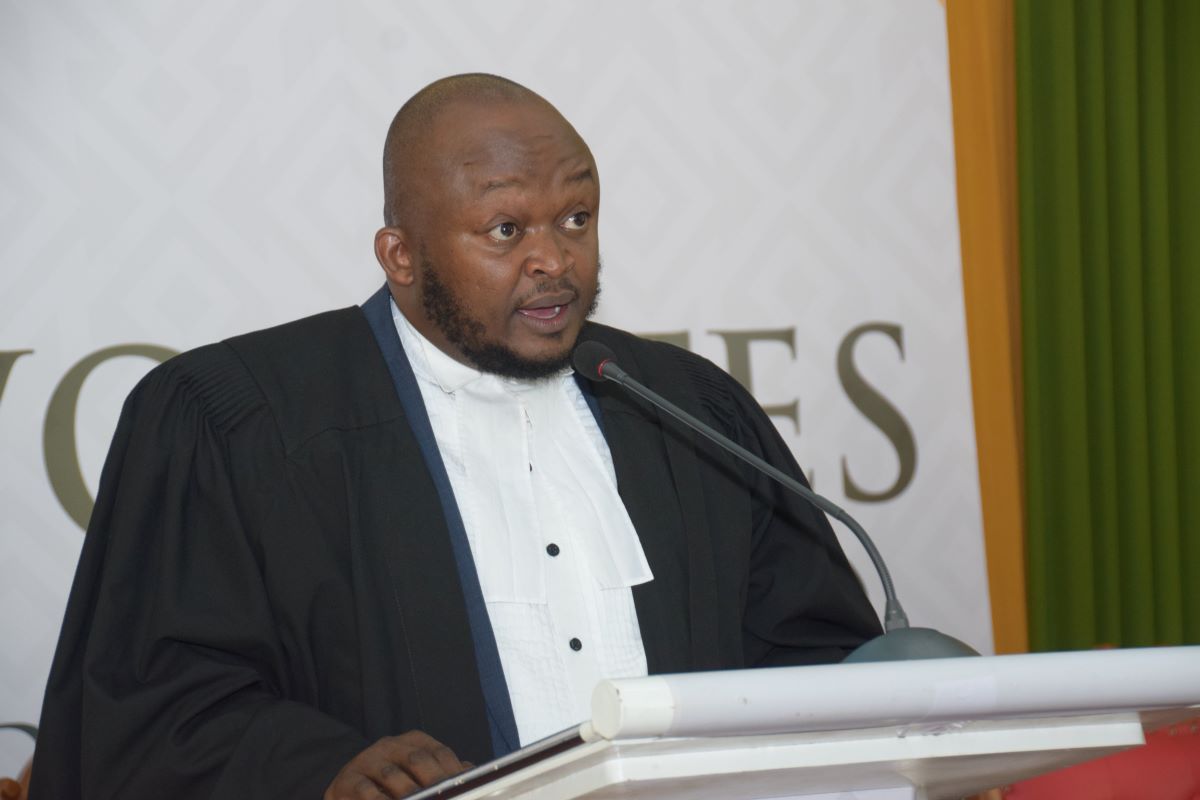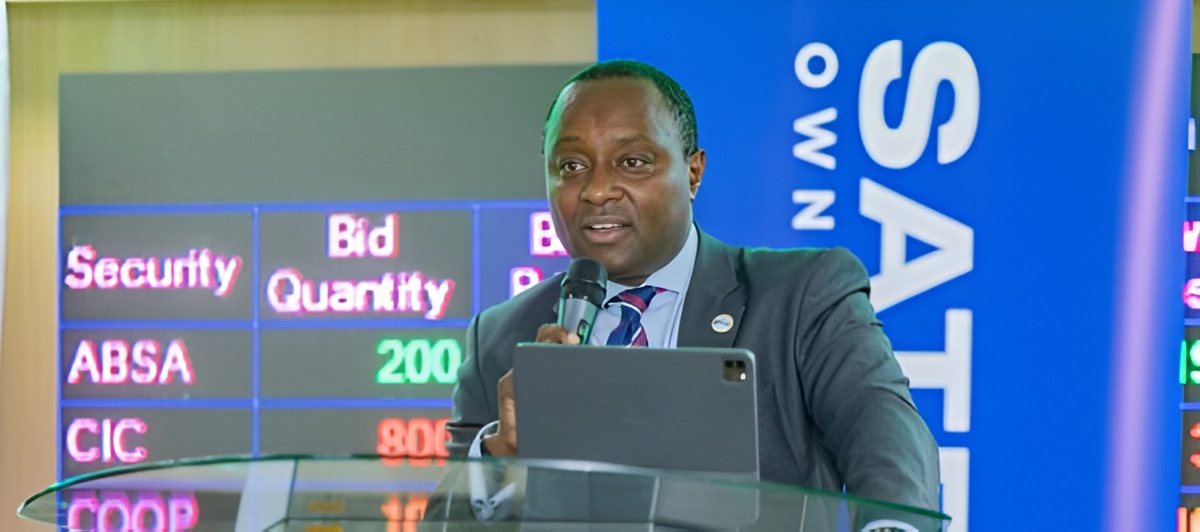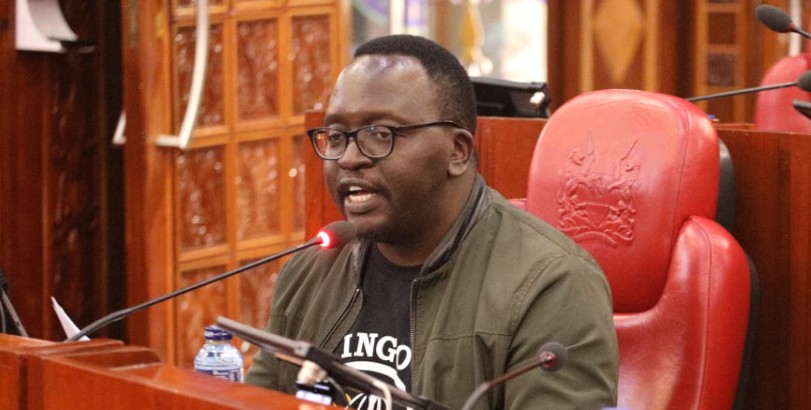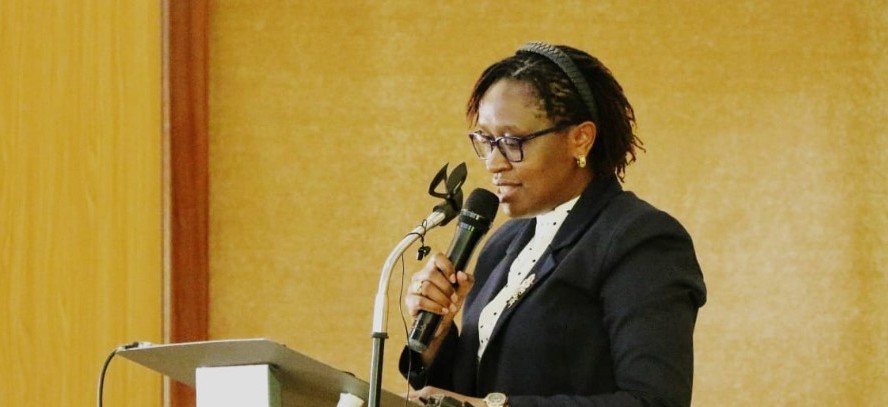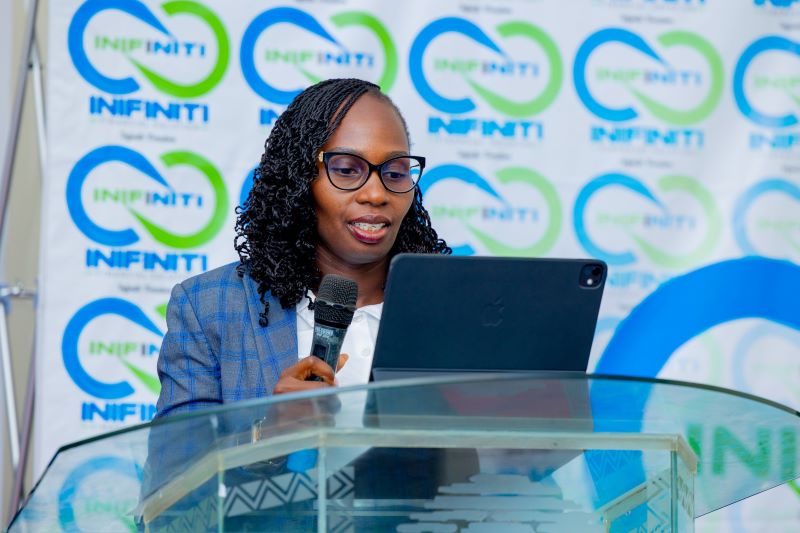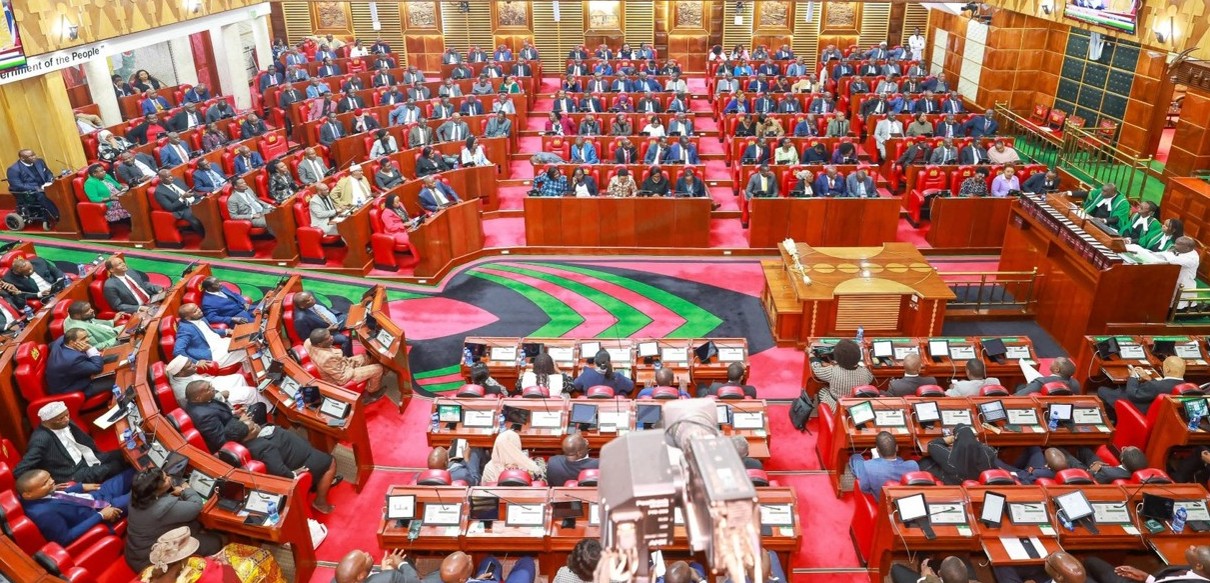Treasury cracks down on parastatals hiding surplus funds
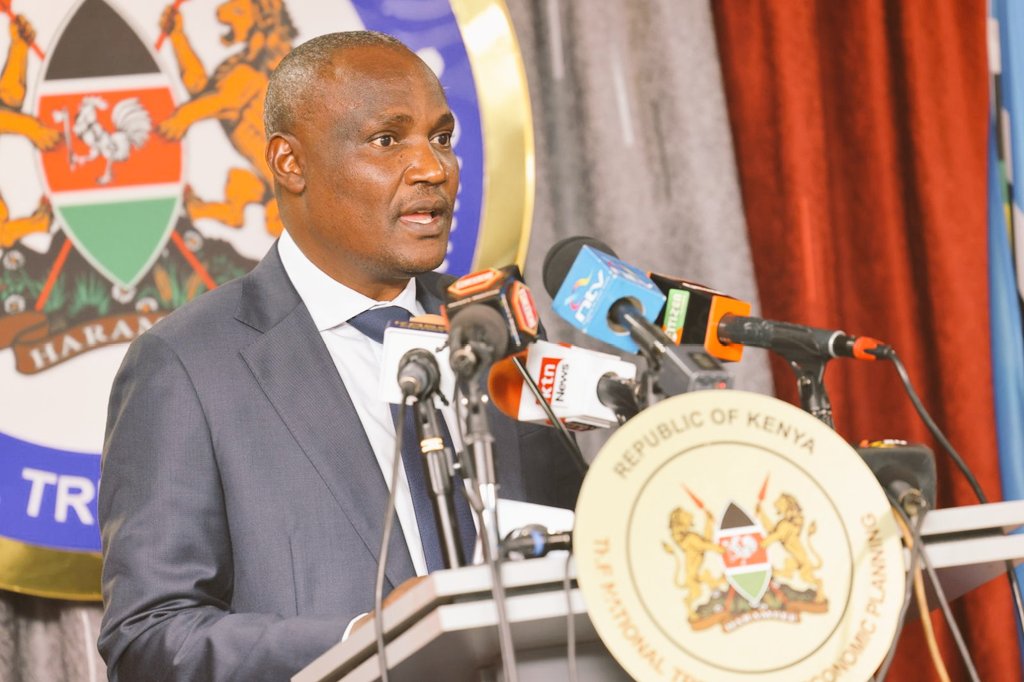
CS Mbadi has issued a stern warning to parastatals, revealing that some regulatory authorities have been circumventing rules by using surpluses in their accounts to fund capital projects without prior approval.
The National Treasury has moved to curb what it views as a troubling loophole in State corporations' financial management.
In a fresh push to boost national revenue, Treasury Cabinet Secretary John Mbadi has issued a stern warning to parastatals, revealing that some regulatory authorities have been circumventing rules by using surpluses in their accounts to fund capital projects without prior approval.
More To Read
- No job losses as Education Ministry announces major parastatal restructuring
- Mbadi urges State agencies to prioritise PPPs in project planning
- Kenya eyes TDB loan to clear Sh51.6 billion debt due September
- Mbadi gives counties 30 days to integrate payrolls with IPPD
- Treasury rules out Sh200,000 honorarium for former councillors, proposes Inua Jamii support
- MPs reject Treasury circular on mandatory e-GPS use
According to Mbadi, some Semi-Autonomous Government Agencies (SAGAs) have been diverting excess funds towards the acquisition of assets such as land, buildings, and machinery, instead of remitting the full 90 per cent of their operating surpluses to the exchequer.
These agencies, including the Central Bank of Kenya, the Capital Markets Authority, the Kenya Ports Authority, and the Communications Authority of Kenya, among others, generate billions of shillings annually through charges on government services such as licenses and fines.
The Public Finance Act mandates that these State corporations retain only 10 per cent of their operating surplus for operational needs and remit the remaining 90 per cent to the government.
However, in a circular to the heads of State corporations, Mbadi expressed concern that some agencies were adjusting their reported surpluses by earmarking capital expenditure, which reduces the amount they surrender to the Treasury.
"No State corporation should provide for capital expenditure from operating surplus without a written National Treasury approval," Mbadi said in the circular, which precedes the preparation of annual budgets for the financial year beginning July 2025.
Liquidity crunch
The move to tighten regulations on surplus cash comes at a time when the Treasury is facing a liquidity crunch due to chronic shortfalls in tax revenues.
The government has been forced to resort to borrowing through Treasury bills and bonds to cover the gap.
President William Ruto has repeatedly urged State corporations to remit idle cash to the exchequer, arguing that these funds belong to the people of Kenya.
"The money that some parastatals make does not belong to their boards...It belongs to the people of Kenya," President Ruto stated during a meeting with parastatal chiefs at State House on March 26, 2024.
His government had previously directed commercial State corporations to wire up to 80 per cent of their net profits to the Treasury, a directive now embedded as a performance indicator for the CEOs of these agencies for the current financial year.
This push to retrieve surplus funds has already shown some positive results. In the quarter ending September, non-tax revenue nearly tripled to Sh65.32 billion, up from Sh23.08 billion in the same period the previous year.
This spike was attributed, in part, to improved compliance by State corporations with the Treasury's new directives.
Meanwhile, the Budget and Appropriations Committee had earlier raised concerns about parastatals underestimating their revenue projections at the time the national budget was being prepared, only to revise them upwards later in the year.
This practice has now become a focus of scrutiny as part of efforts to tighten financial controls.
In his warning, CS Mbadi also called for enhanced financial discipline, urging State corporations to adopt stricter cost-control measures and more transparent revenue management practices.
"State corporations are required to entrench prudent financial management practices and enhance cost control measures," he said.
Top Stories Today

